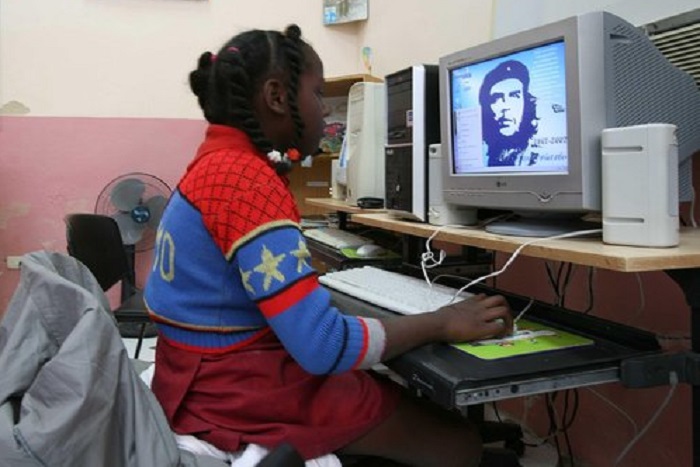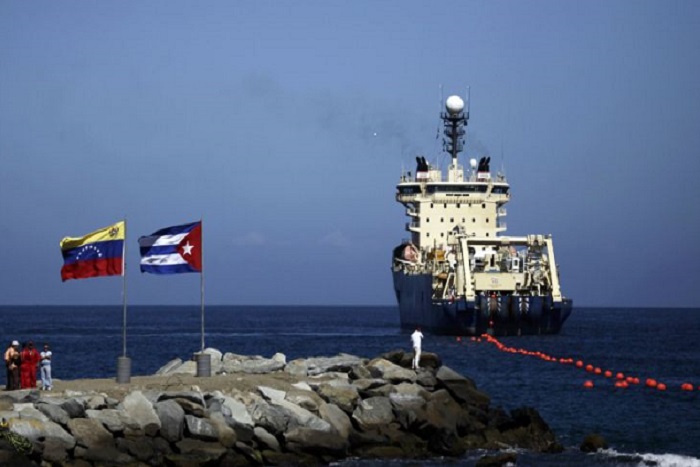Mariela, who is the Director of Cuba’s National Center for Sex Education and is a well-known activist of women rights, was apparently quoted as saying that she was “impressed” with the way Amsterdam manages its sex industry. Apparently, she had a change of heart and she thought of using Twitter to clarify her statement (she shouldn’t have as she wasn’t pitching for the legalization of prostitution in Cuba). She definitely did not expect what awaited her in cyberspace.

Mariela obviously did not expect to receive this much attention, but she should have, considering that she is one of her father’s most staunch defenders. That makes her a huge target for those who are looking to embarrass the regime. She should know better than allowing herself to lose her temper publicly. Mariela was able to experience the plurality of ideas and freedom of expression in the internet which she cannot physically find in Cuba (except for issues related to Cuban baseball which are fiercely debated in a space called Esquina Caliente in Habana Vieja). Now she understands why her father is bent on keeping internet usage inside Cuba as low as possible. Imagine the bedlam and confusion it would generate if the voices of the repressed are allowed to break out.

Recently, the rumor mill also has it that the cable connection to Venezuela does exist. This means that this could only mean that the Cuban government prefers to ration DSL access to those it can trust (read: regime enforcers and supporters who are expected to tout the regime’s views). The sudden explosion of lackeys who are pushing the regime’s point of view in cyberspace could be a proof of that. If you need more evidence, just look at the comments section of the Miami Herald or type #Cuba in Twitter in order to see them at work. You got to give it to them. They are really some of the most hard-line supporters one can ever find in cyberspace. They stick to their talking points much like Republicans, although that’s not a fitting comparison that both sides would approve of.
It would not be long though before the Cuban black market, like in all other aspects of Cuban society, will be able to hack into the system and sell access to those who can afford it. When that happens, the regime will be hard-pressed in trying to prevent the genie from coming out of the bottle. The obvious equalizer is the thirst for money and, sooner than later, a Communications worker looking for a quick buck will find ways to make money out of it. As in everything else in Cuba, DSL access could soon be available to those who can pay, let’s hope.